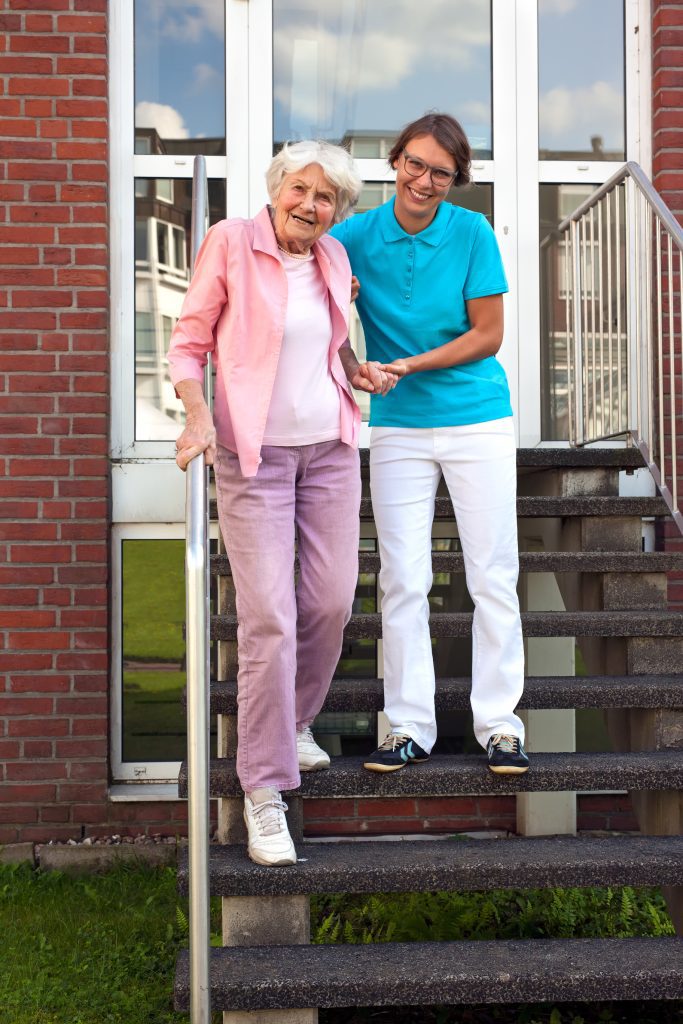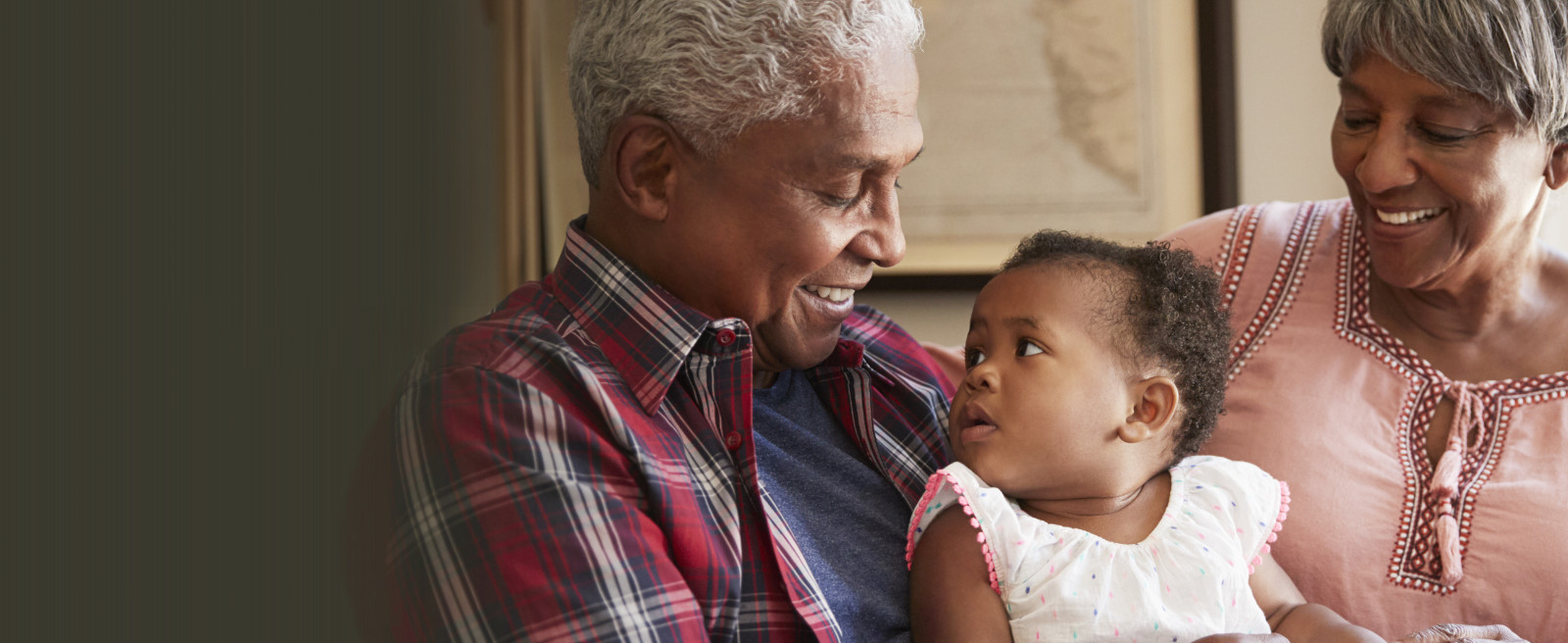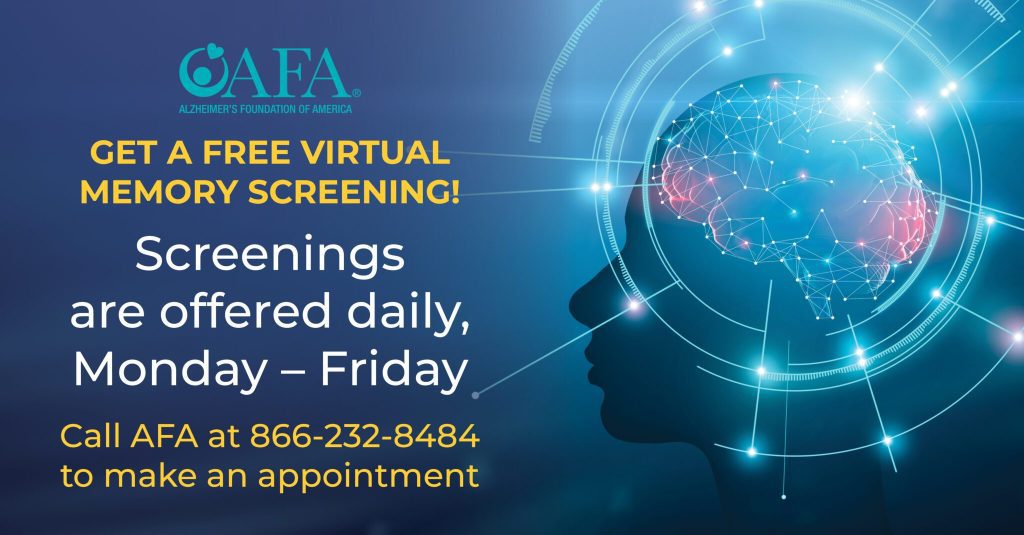Women’s Alzheimer’s Risk
Women’s Alzheimer’s risk is about twice as high as men’s. About two-thirds of the more than six million Americans living with Alzheimer’s are women, according to information from the Centers for Disease Control and Prevention. Why Alzheimer’s affects women disproportionately is unknown, but clues exist that can help women reduce their risks.

“Women definitely have a higher risk of developing Alzheimer’s,” said Allison Reiss, M.D., an associate professor of medicine at New York University Long Island School of Medicine “They have more severe clinical symptoms, and they may progress more quickly.”
Contributing Factors
One factor that increases women’s Alzheimer’s risk is hormonal, having to do with menopause. Women who experience early menopause are more likely to develop Alzheimer’s as well, Reiss said. Another factor is the way women metabolize cholesterol. “There are some clues of where we need to go to figure this out because we really do need to explore it and find out why there’s such a difference.”
Social determinants such as income levels play a part, and women are more likely to be on the lower economic level than men. “In general, with lower socio-economic status comes less access to many things that are good for one’s health and Alzheimer’s, like a constellation of diseases, is exacerbated and made worse when you don‘t have good health care,” Reiss said. This is more apt to affect women around the world.

Women Caregivers at Risk, Too
Women’s Alzheimer’s risk goes beyond diagnosis. While women are disproportionately impacted by Alzheimer’s in comparison to men, they are disproportionately affected in another way. Two-thirds of family caregivers are women who often suffer from burnout and its related medical problems. “The way that it’s approached is that women tend to give the personal physical care and men are more likely to make arrangements. They will ask for help and bring in other people to do it,” Reiss says.
Reiss said that assuming the day-to-day responsibilities can dramatically impact the caregiver, leading to stress, depression, anxiety, and the tendency to neglect one’s own health. “People tend to gain weight and to stop exercising and it may be relentless. They put off their own doctor visits. They need to have backup.”
Prevention Tips
Watch your nutrition
Caregivers need to safeguard their own health as well as that of the person they are caring for because a poor diet is another factor that can lead to Alzheimer’s disease. “When people don’t have a lot of money to spend for food, they tend to eat a poorer diet and that also impacts one’s risk for Alzheimer’s,” she said, adding that failing to exercise is another element that can contribute to the disease.
Manage stress
Stress, which is high in lower socio-economic groups and women, also can strongly affect cognitive health. “If I could put into a pill what it will do for your health to eat right, to exercise, to not smoke, to be moderate about alcohol, that’s a multi-billion-dollar pill; yet it’s so hard for all of us to do those things. I guess they’re counter to some of the things that give us pleasure.”
Monitor blood pressure
Finally, Reiss said monitoring blood pressure is crucial. “I always say, ‘heart health and brain health really go together.’ You want to have good blood flow to the brain.” We can’t prevent Alzheimer’s but maybe we can stave off the debilitating effects, she said. We can do this by making small changes in our lives. This can start with greatly reducing consumption of sugar, which damages the brain. “Try to think of where you could cut sugar,” she said, advising people to read labels because sugar “is hidden” in many foods, such as ketchup and tomato sauce. “See if you can make substitutions.”

Exercise
Include exercise in your lifestyle change as well. People who are working can squeeze in exercise by using the stairs or taking a walk with a friend during lunch break, she said. It’s especially important for caregivers to look out for themselves in this way, Reiss says. “What a caregiver goes through is a lot of grief. They go through a lot of pain. But, they’ll say what a beautiful, loving and special experience it is to care for someone you love. There’s so much that is hard about it, but it also comes with beauty of the capacity for love.”
Allison Reiss, MD, is a member of AFA’s Medical, Scientific, and Memory Screening Advisory Board. Her comments are adapted from the AFA Fireside Chat series, Episode 7. View Fireside Chat episodes at www.alzfdn.org/firesidechat.





